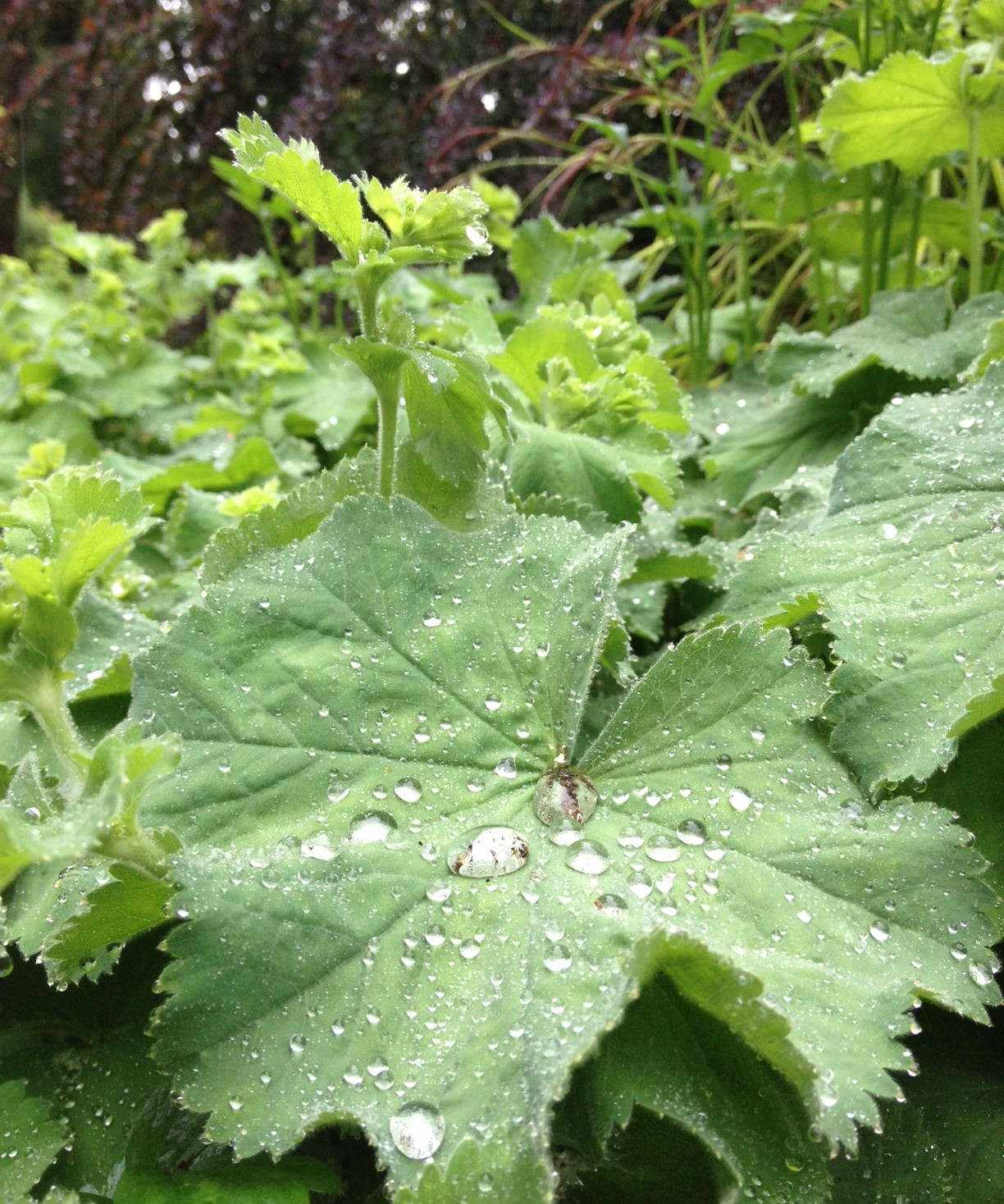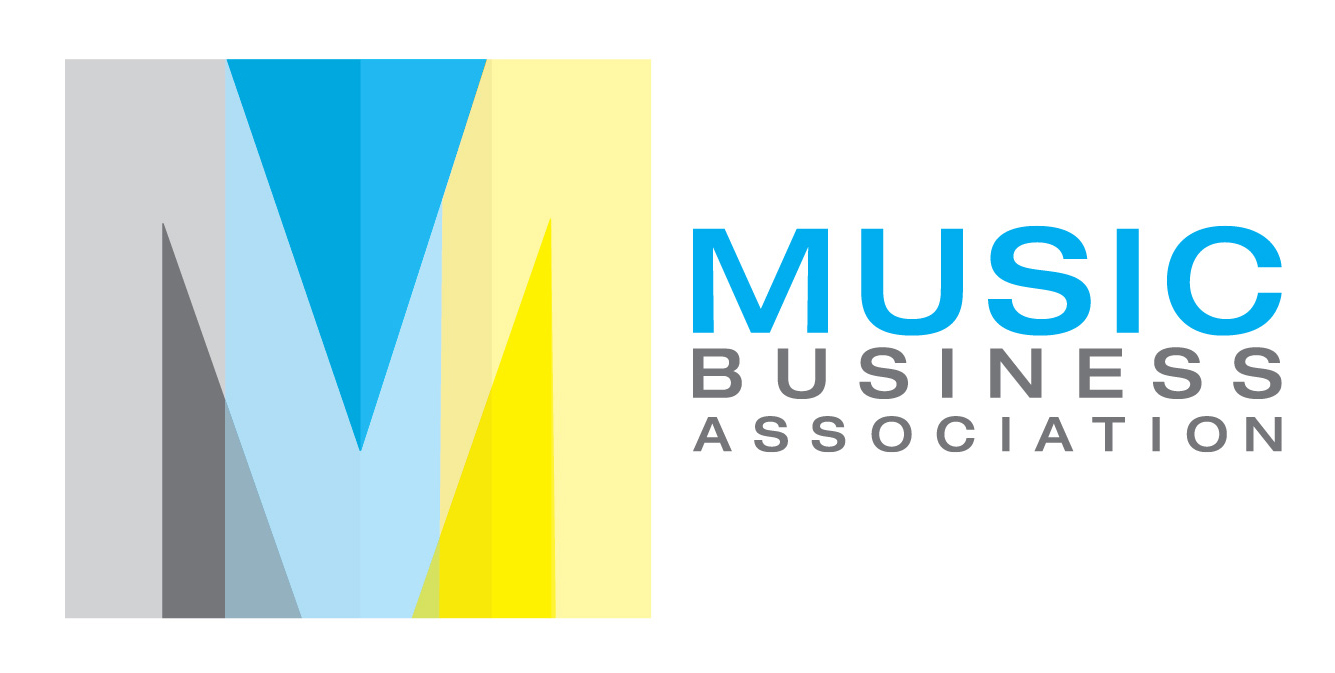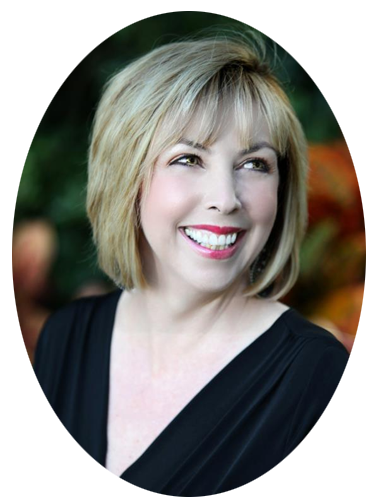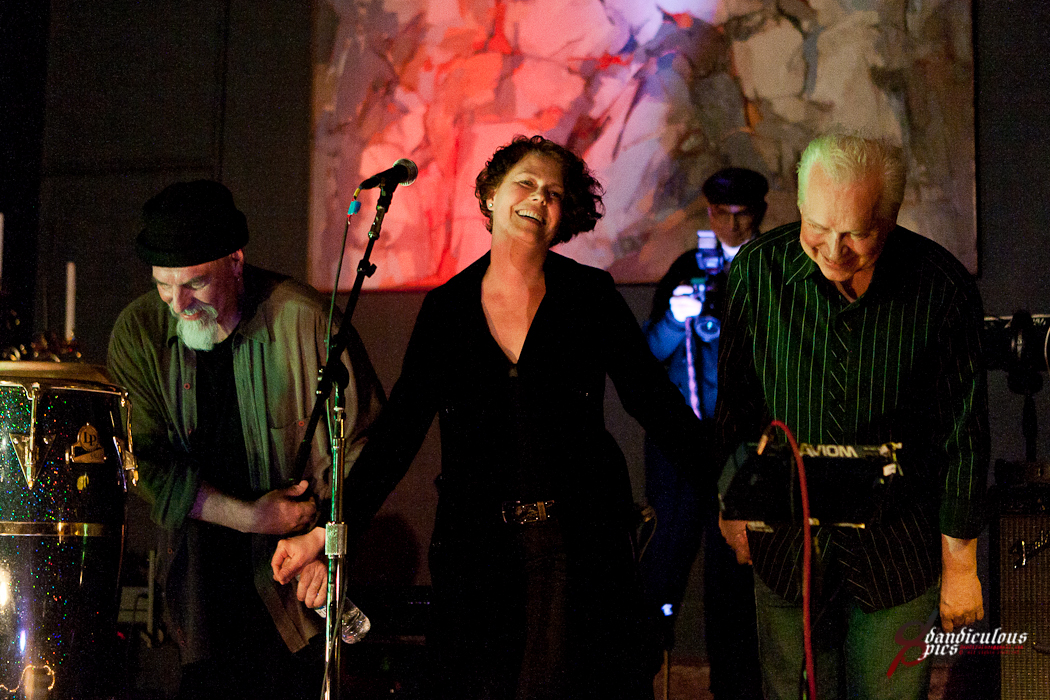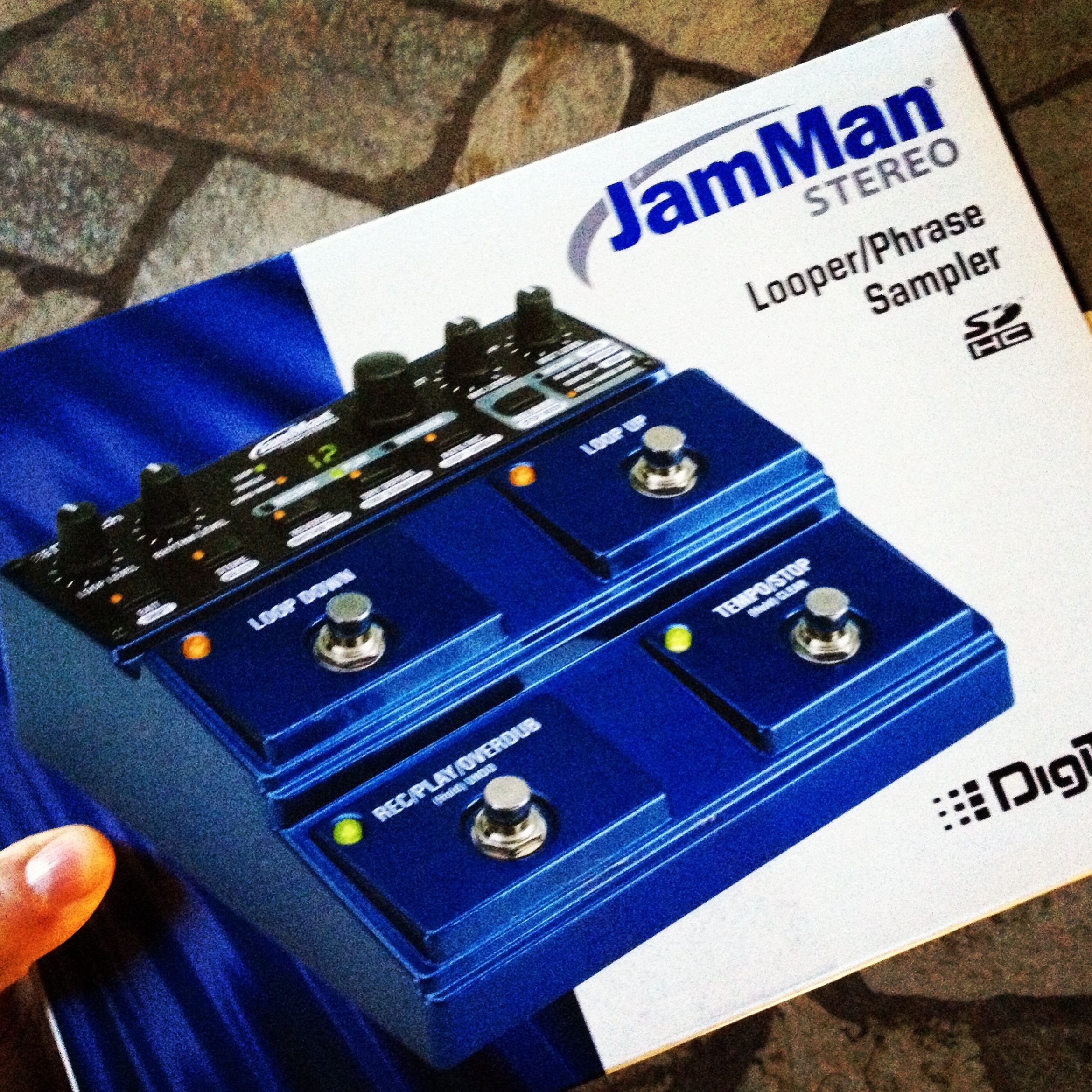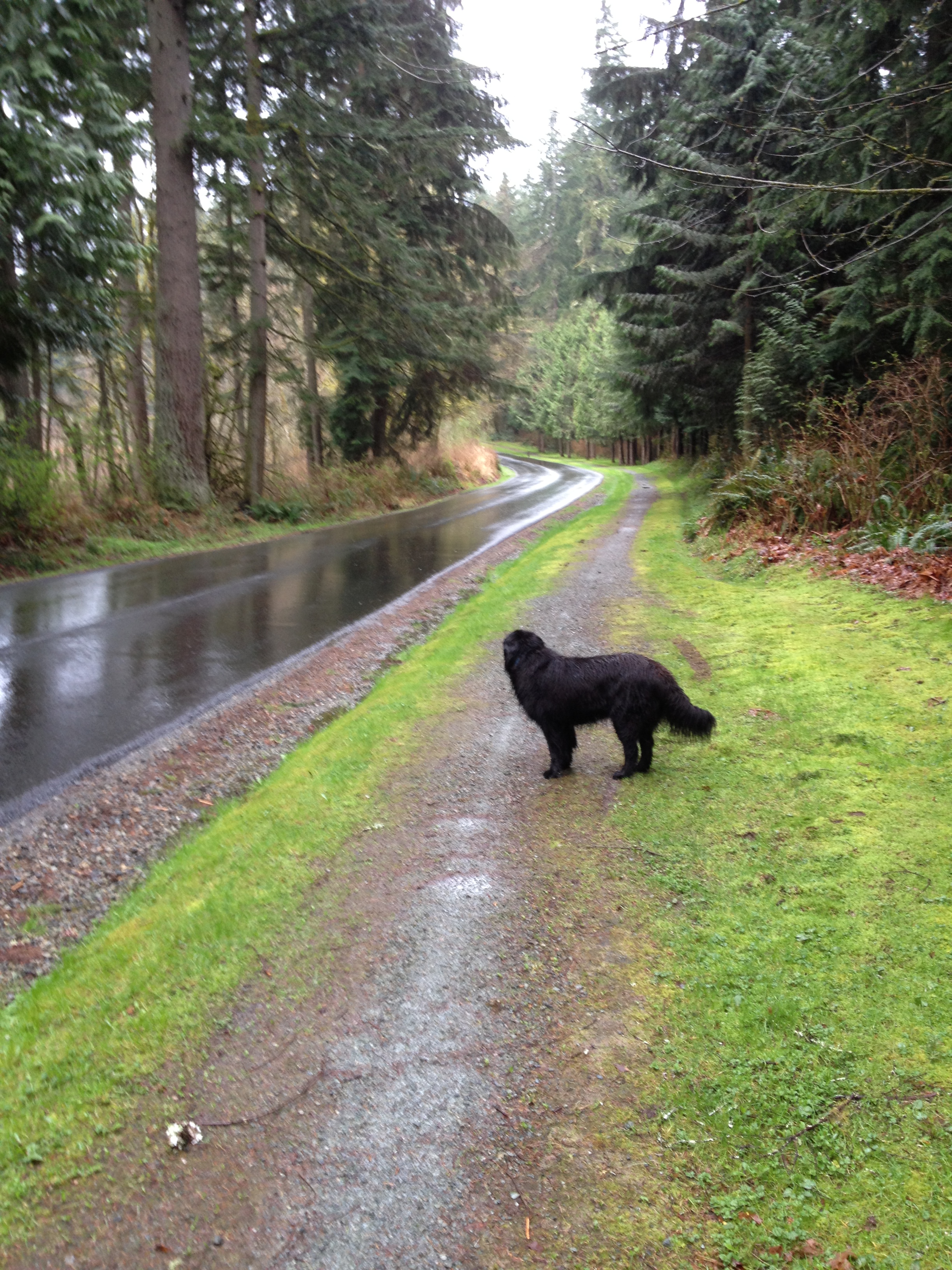In today’s 16 minute Walking The Dog podcast, I talk about three things:
- Consistent online content creation (even in the rain)
- A shoutout to Michael Brandvold and Brian Thompson’s Music Biz Weekly podcast episode 153 on balancing work and life
- The main discussion: How can and why should we move from an online model in the music industry where everything is free (at least when you are starting out as an indie musician) to one where musicians can earn a living making music.
Musicians, we’ve all heard it’s important to create online content outside of your music – blog posts, streaming online concerts, YouTube music videos, how-to videos, artwork, e-books, podcasts – the suggested list goes on and on.
Why create content in addition to your music? Well, content marketing is 21st century marketing: bringing your fans, your audience, your customers to YOU, instead of marketing AT them (the old way).
[Tweet “As a musician, consider creating and distributing content online as a way to build your fan base.”]
It’s super important to pick a content form that you can be consistent in publishing. For example, I decided to start this podcast because I knew I would always be walking my dog and thinking about music marketing stuff, and because I knew I could commit to doing it once a week – even in the rain (like today).
The second subject of today’s podcast is to acknowledge that balancing being an entrepreneur (a “musicpreneur,” if you will) with the need to nurture your family life, your personal needs, and your health is a challenge for every musician.I encourage you to watch or listen to the latest episode of the Music Biz Weekly Episode 153: The Musician’s Dilemma for an honest discussion by Michael Brandvold and Brian Thompson (neither musicians, but both very busy guys) about their thoughts on this challenge.
Lastly, I discuss this article: Why I’m Not Giving It Away For FREE (And You Shouldn’t Either) by Nancy Fox on LinkedIn and the idea of NOT giving all your music away for free. How can musicians make a living when they are starting out competing in this noisy environment where fans are overwhelmed with so much free online stuff?
It’s a problem for the entire online industry, not just music, and Ms. Fox’s suggestion for solving the problem may or may not work in the music industry.
More resources on micropayments and creating a sustainable model for online content in intellectual property (IP) creators:
- Jaron Lanier: The Internet destroyed the middle class on Salon
- A Case For Micropayments by Thomas Baekdal
- Twitter cuts off another payment service: Flattr is told to stop tying Favorites to money from The Next Web
- Think micropayments for media can’t work? Greg Golebiewski says you are wrong on Gigaom

